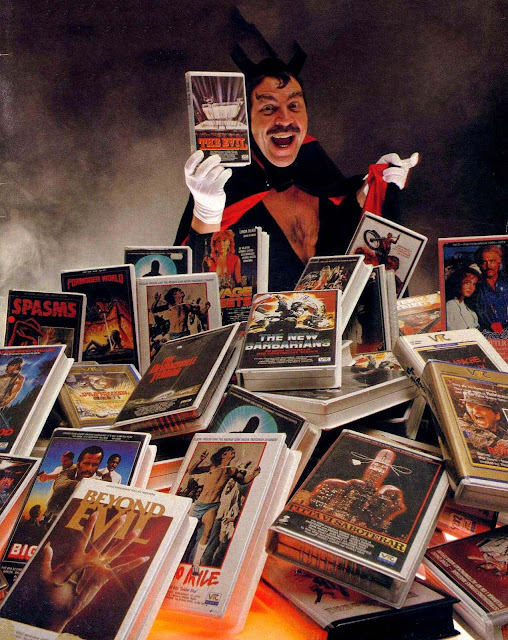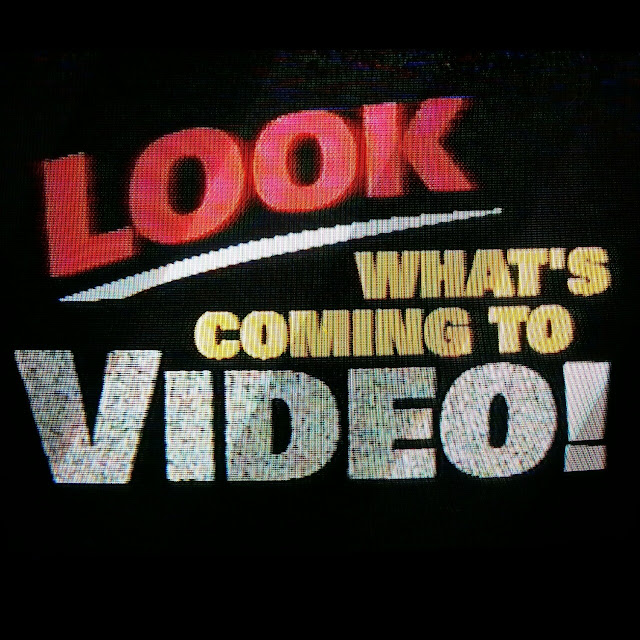For many, it was a sad thing to see the many Blockbuster Video stores sit vacant, run out of business by Netflix and other on-demand services. However, although unfortunate for a fan of analogue, I never shed a tear. I had lived through the early days of the video store, before Blockbuster came in and drove many of the independent movie rental shops out of business. For me, Blockbuster, Video Ezy and the like ruined things. They didn’t have the character and uniqueness of the small, independently owned video stores. So, the sight of an old Blockbuster building converted to a Get Fit Quick gym didn’t inspire much wistful sentiment.
So, this gallery of memories isn’t about the days of Blockbuster which owned the early 2000’s and essentially all of the 1990’s. This is about the days when the video recorder was new, and there was excitement in the air – you could actually select a movie to watch yourself! We take it for granted now; however, up until then, you were at the mercy of what was at the cinema or drive in (if you had one in your town ) or whatever the 3 telly stations decided to throw your way. Now, the power was in your quaking hands.
Oh, the thrill of this new technology…. And oh, the disappointments….
Video stores carry cultural significance in cinematic and
societal history. They were not “just a retail space; they were places where
people made discoveries, took risks, happened upon oddities, [and]
realised what kind of moviegoer they were. Video stores were shrines
to film culture and became the cultural hubs of towns, suburbs and neighbourhoods across
Australia.
The local video store promoted a sense of community by providing
a place that brought those with a love of film, media and emerging pop culture together.
They treated films as artefacts that people could swap, study and
recommend which inspired a generation of movie buffs and cultural critics to
collect and treat films the same way books and art are amassed. People “came to
love their quirky “dude behind the counter” keen to help them sift through what
was new, good, and suited to their tastes”. Video stores fostered social
interactions and open dialogue. You don’t get that with a digital interface
or an on-demand menu.
Now the
video store has all but disappeared. The few that still exist are a source of
bewilderment to many born after the year 2000 and for to those who grew up with
video stores, they are all but a subject of fond nostalgia. It’s kind of weird
to think that the younger generation of the 21st century will
never experience stepping into a shop with an array of aisles holding VHS
films.
The video rental industry became the epitome of new culture of
film appreciation, as it nurtured in person open conversation and interaction.
However, the digital, in-home, on-demand, business models that
have replaced the video store has effectively isolated the appreciation of
cinema.
Now the question is when will these new digital streaming models
face the same position of possible extinction? and what will they be replaced
with?





